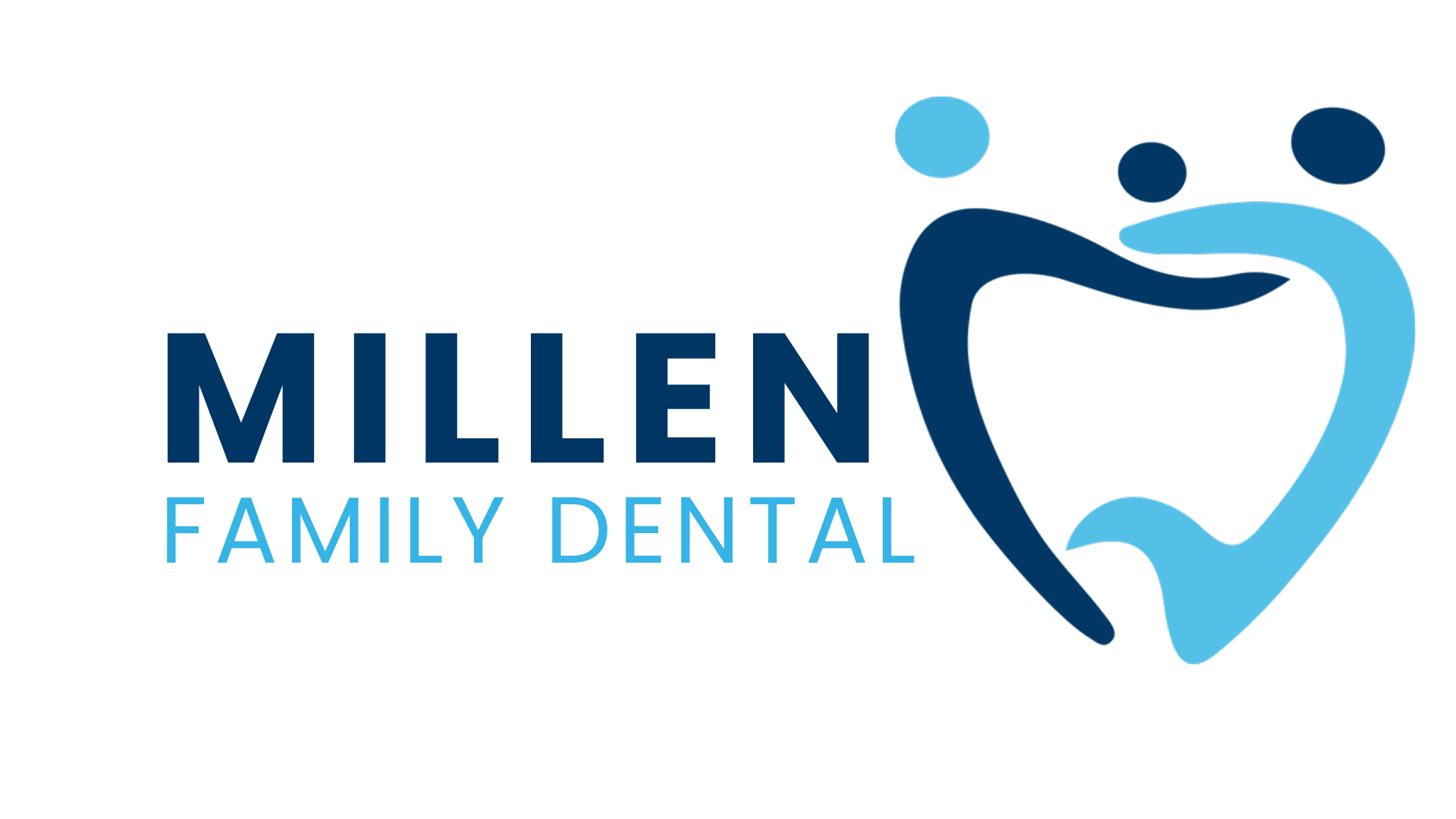
The Role of Stress in Periodontal Disease
Stress affects every part of the body, from head to toe, and our oral health isn’t an exception. In recent years, researchers and dental professionals have explored how stress influences gum health and discovered surprising results. Periodontal diseases, which affect the gums and structures supporting our teeth, are more likely when stress is high. Stress can worsen gum health in various ways—weakening the immune system, increasing inflammation, fostering unhealthy habits, and even altering the balance of oral bacteria. Here are four ways stress impacts periodontal health, each grounded in research.
Stress Weakens the Immune System
One of the most critical ways stress affects gum health is through the immune system. When we experience stress, whether from work, personal life, or general pressures, our bodies release stress hormones like cortisol. Cortisol is known to suppress the immune system, making it harder for the body to fight off infections. The immune system is our main defense against bacteria, viruses, and other harmful agents, including the bacteria that contribute to periodontal diseases. So, when stress is prolonged, it compromises our body’s natural defenses, allowing bacteria to multiply freely and invade the gums.
Once bacteria accumulate in the gums, they begin to attack the tissues. Our immune system would typically respond to such an invasion, but stress hinders this response, making infections more likely. For people already dealing with mild periodontal issues, stress can worsen their symptoms and speed up disease progression. Without the immune system to keep these bacteria in check, periodontal disease can advance more quickly, leading to swollen gums, tooth loss, and even bone damage in severe cases.
Strengthening our immune system by managing stress becomes essential, especially if periodontal health is a concern. Practicing relaxation techniques, getting enough sleep, and eating a balanced diet can help maintain a healthy immune system, which is essential for fighting gum disease.
Stress Increases Inflammation
Another way stress impacts periodontal disease is by promoting inflammation. Our body’s natural response to infections and injuries is inflammation, which involves sending immune cells to the affected area to contain and repair damage. When stressed, however, our body sometimes goes into a state of overdrive, producing more inflammatory chemicals than necessary. Cortisol, a hormone released during stress, can contribute to this inflammatory response. Over time, excess cortisol can result in more persistent inflammation, which can be very harmful to the gums.
In the case of our gums, constant inflammation leads to redness, swelling, tenderness, and even bleeding, especially when brushing or flossing. This makes it painful to maintain a daily oral hygiene routine, which further accelerates the spread of gum disease. People with chronic stress might notice that their gums are sore or that they bleed more often. This happens because stress increases the body’s inflammatory response, which essentially “overloads” the gums with these immune chemicals, leaving them constantly inflamed and irritated.
Prolonged inflammation not only harms the gums but also makes the surrounding bone more susceptible to damage. In advanced cases of periodontal disease, inflammation can cause bone loss around the teeth, which is irreversible. While inflammation is a natural and necessary part of our immune defense, too much can be harmful. Reducing stress levels is key to controlling inflammation, especially for people at risk of gum disease. Practicing stress management techniques like mindfulness, exercise, and even breathing exercises can reduce stress-induced inflammation and protect gum health.
Poor Habits from Stress Harm Gums
Stress doesn’t just affect our body’s biological responses; it can also influence our daily habits, many of which impact gum health. When people are stressed, they often turn to coping mechanisms like smoking, drinking, teeth clenching, or simply neglecting daily routines, including oral hygiene. Unfortunately, each of these behaviors can be highly damaging to gum health and may speed up the progression of periodontal diseases.
Smoking, for example, is commonly used as a stress relief tool but poses serious risks to gum health. Smoking reduces blood flow to the gums, cutting off the supply of essential nutrients and oxygen that keep gums healthy. It also slows down healing, making it harder for the gums to recover from minor infections or injuries, which worsens periodontal disease. Alcohol, another common coping mechanism, can dry out the mouth, creating an environment where bacteria thrive. A dry mouth lacks enough saliva to naturally wash away bacteria, allowing them to collect around the gumline, forming plaque, which leads to inflammation.
Another habit that impacts gum health under stress is teeth grinding or clenching. Often done unconsciously, teeth grinding wears down tooth enamel, exposing the softer dentin underneath. This increases the risk of decay and gum recession. Over time, this stress-induced behavior can cause sensitivity, cracked teeth, and irritated gums, making it easier for bacteria to penetrate deeper into the gums. Even just skipping oral hygiene practices like brushing and flossing due to exhaustion or distraction can worsen periodontal health, as this leaves plaque and bacteria on the teeth for longer periods.
Managing stress is essential to avoid these harmful habits. Simple lifestyle changes, like setting aside a few minutes each day for relaxation or talking to someone about stressful feelings, can help prevent the damage that these habits cause to gum health.
Stress Alters the Oral Microbiome
The microbiome, often discussed in relation to gut health.is also present in the mouth. A balanced microbiome contains various bacteria, some beneficial and some harmful. When stress becomes chronic, however, it can upset this balance, tipping the scales in favor of harmful bacteria that cause periodontal disease.
Stress can lead to changes in our diet, increased acidity in the mouth, and even hormonal shifts, all of which influence the oral microbiome. Foods high in sugar and acid, for example, can create an ideal environment for the growth of harmful bacteria. Stress-induced dietary changes may cause an increase in bacteria that thrive on sugars, leading to more plaque buildup around the gums. This imbalance can overwhelm the beneficial bacteria in the mouth, allowing harmful types to dominate and produce toxins that damage gum tissue.
The presence of harmful bacteria isn’t always noticeable at first, but over time, it can lead to bad breath, gum recession, and even tooth loss if untreated. People who are constantly stressed may notice that their gums feel sensitive or that they experience more dental issues, even with regular hygiene practices. This is because an imbalanced microbiome allows bacteria to thrive, making gums more vulnerable to infection and disease.
Balancing the oral microbiome isn’t only about brushing and flossing but also about managing stress. Regular dental visits are essential for controlling harmful bacteria, but reducing stress also helps keep the microbiome balanced. Mindful eating, avoiding excessive sugar, and maintaining a balanced diet can support both your general health and your oral microbiome.
Conclusion
Stress is a significant but often overlooked factor in periodontal disease. By understanding how stress impacts our gum health, we can take proactive steps to reduce its effects. From immune suppression to inflammation, unhealthy habits, and microbiome imbalances, stress can affect gum health in multiple ways. Regular dental check-ups, daily oral hygiene, and stress management techniques can help protect your gums and prevent periodontal diseases. Managing stress is not just beneficial for mental well-being; it also protects our oral health.
Millen Family Dental offers patients the resources they need to achieve the dental health they deserve. Schedule an appointment today!
